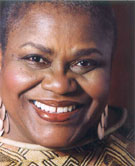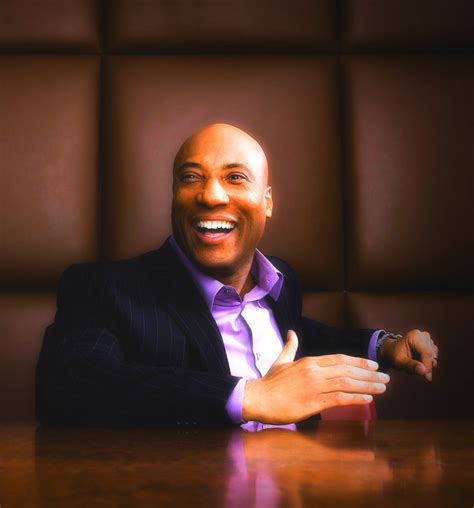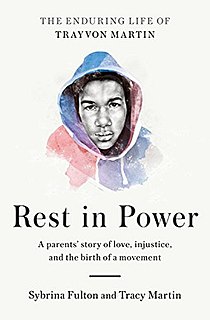A Quote by Bernice Johnson Reagon
The first job I had with the Smithsonian was as a field researcher among African American communities in Southwest Louisiana and Arkansas for the festival.
Related Quotes
I don't regret the fervor, because I do believe, in the African American community but also for other communities, and I know from talking to people, for communities around the world, the election of an African American to the most powerful office on Earth meant things had changed, and not just in superficial ways. That in some irreversible way the world was different.
I would definitely like to see the education process more enhanced in African-American communities, because we need to be educated on laws that are relevant to our communities and our people, as well as to any other ethnic groups. A broader view of how people perceive African-American boys and girls in this country is what I'd like to see.
I was very proud and grateful to be the first African-American woman in the position. I thought it said a lot about our country that we had back-to-back African-American Secretaries of State, Colin Powell and then me. I also thought it said a lot about President Bush that he didn't see limits on the highest ranking diplomat in terms of color. It's a hard job, but really the best one in government.
In the long run, we will need many more African-American, Latino, and Native American leaders, and leaders from low-income communities, who can bring additional insight and a deeply grounded sense of urgency, and who are the most likely to inspire the necessary trust and engagement among students' parents and community leaders.
Michael Jackson fundamentally altered the terms of the debate about African American music. Remember, he was a chocolate, cherubic-faced genius with an African American halo. He had an Afro halo. He was a kid who was capable of embodying all of the high possibilities and the deep griefs that besieged the African American psyche.

































